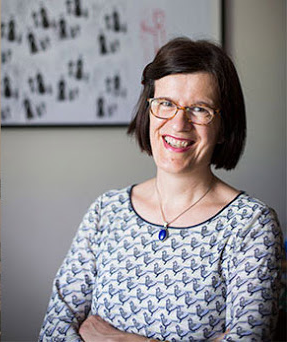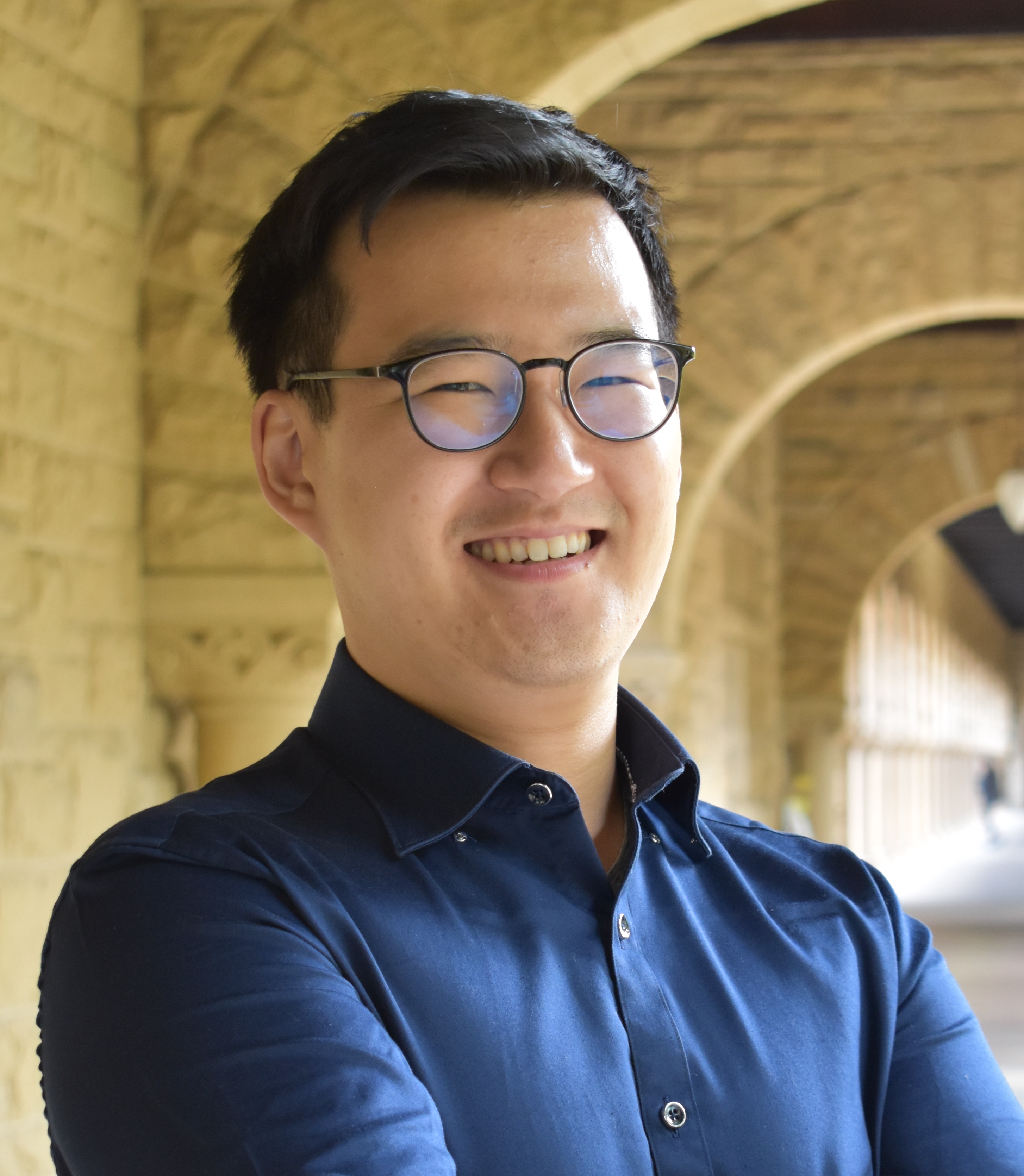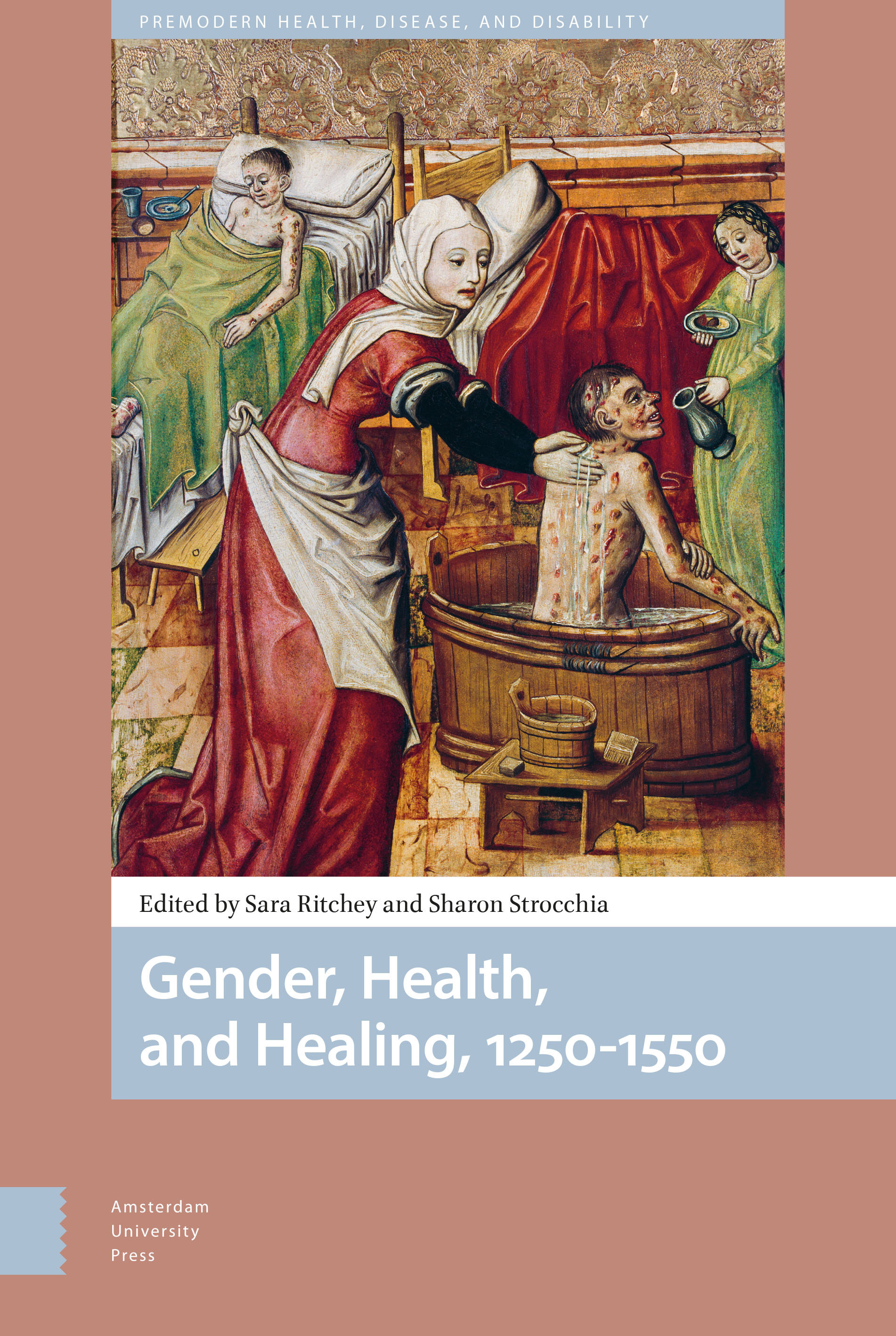Congratulations to the four history majors inducted into the Phi Beta Kappa Society this spring. They are Melanie Dunn, Cameron Katz, Yaza Sarieh, and Jesse Steinman. Sarieh and Steinman are seniors; Dunn and Katz are both juniors. The Gamma Chapter of Georgia was established at Emory University on April 5th, 1929, by the authority of the Sixteenth National Council of the United Chapters of Phi Beta Kappa. The initiation ceremony, originally slated for the first week of April 2020, has been postponed to the fall due to the COVID-19 pandemic.
Month / April 2020
Phi Beta Kappa Society of Georgia Recognizes Eckert and Suh for Teaching Excellence


The Gamma Chapter of Georgia of the Phi Beta Kappa Society has recognized two Emory History Department faculty members for teaching excellence: Dr. Astrid M. Eckert, Associate Professor, and Dr. Chris Suh, Assistant Professor. Eckert is a historian of modern Europe and modern Germany, with teaching interests that cover German and European history in the nineteenth and twentieth centuries. A few of her recent courses include “Borderlands in History,” “Modern Germany,” and “Nazi Medicine and Biology.” Suh, who joined the faculty last fall, is a historian of race, ethnicity, and inequality, specializing in the United States’ engagement with the Pacific World and Asian migration to the United States. His courses at Emory thus far have included “Transpacific Lives,” “Sounds of the Century,” and “Asian American History.”
Amsterdam UP Releases ‘Gender, Health, and Healing, 1250-1550,’ Co-Edited by Sharon T. Strocchia

Dr. Sharon T. Strocchia, Professor of History, co-edited a newly-published volume of essays with Dr. Sara Ritchey, Associate Professor at the University of Tennessee. Titled Gender, Health, and Healing, 1250-1550, the collection’s 13 essays offer new understandings about women healers and bodywork in societies of the later medieval and Renaissance eras, a formative period in the history of healthcare and medicine. Read the full blurb from Amsterdam University Press below and find more information at Gender, Health, and Healing, 1250-1550 (Amsterdam University Press, 2020).
This path-breaking collection offers an integrative model for understanding health and healing in Europe and the Mediterranean from 1250 to 1550. By foregrounding gender as an organizing principle of healthcare, the contributors challenge traditional binaries that ahistorically separate care from cure, medicine from religion, and domestic healing from fee-for-service medical exchanges. The essays collected here illuminate previously hidden and undervalued forms of healthcare and varieties of body knowledge produced and transmitted outside the traditional settings of university, guild, and academy. They draw on non-traditional sources — vernacular regimens, oral communications, religious and legal sources, images and objects — to reveal additional locations for producing body knowledge in households, religious communities, hospices, and public markets. Emphasizing cross-confessional and multilinguistic exchange, the essays also reveal the multiple pathways for knowledge transfer in these centuries. Gender, Health, and Healing, 1250-1550 provides a synoptic view of how gender and cross-cultural exchange shaped medical theory and practice in later medieval and Renaissance societies.
Hannah Abrahamson Wins AHA’s Beveridge Research Grant
4th-year doctoral student Hannah Abrahamson was recently awarded a Beveridge Research Grant from the American Historical Association. Abrahamson is a historian of colonial Mexico writing a dissertation entitled, “Women of the Encomienda: Households and Dependents in Sixteenth and Seventeenth-Century Yucatan, Mexico.” The Beveridge grant supports research in the history of the Western Hemisphere (the United States, Canada, and Latin America).
Channelle Russell Receives Mellon Mays Undergraduate Fellowship
Congratulations to Channelle Russell on winning a Mellon Mays Undergraduate fellowship. Russell is a sophomore with a joint major in History and English, concentrating in African Atlantic history and literature, with a minor in Anthropology. Her Mellon Mays research project is tentatively titled “Unspooling Venus: Intimacy, Space, and Memory in 1700s Brazil” and explores the life of 18th-century enslaved woman Xica da Silva, whose historical enslavement became a cultural monument in contemporary Brazilian media. Russell’s interest in the Atlantic stems largely from a Fall 2018 freshman seminar she took with Dr. Adriana Chira, “Radicals and Revolution in the Caribbean.” Her interest in archival work took root in Dr. Maria Montalvo’s current “North American Slave Revolts” course. Beyond being a College undergrad, Russell is interested in knowledge production and media and plans to further explore the intersections of narrative formation and history in graduate school.
Funded by the Andrew W. Mellon foundation, the Mellon Mays Undergraduate Fellowship program works to increase the number of underrepresented minority students pursuing doctoral degrees in the arts and sciences and, in doing so, to create more diverse faculties on university campuses in the United States and South Africa. Emory has had comprehensive participation in the Mellon Mays Undergraduate Fellowship program for more than 17 years. Read more about the fellowship here.